free will
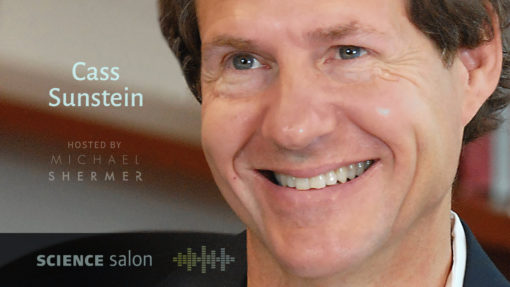
Cass Sunstein asks us to rethink freedom. He shows that freedom of choice isn’t nearly enough. Drawing on perspectives from the humanities, religion, and the arts, as well as social science and the law, Sunstein explores a crucial dimension of the human condition that philosophers and economists have long missed — and shows what it would take to make freedom real.

What is it about the human mind that so effortlessly translates natural events into messages from another realm — even despite our best attempts to deny that there’s any message in them at all?
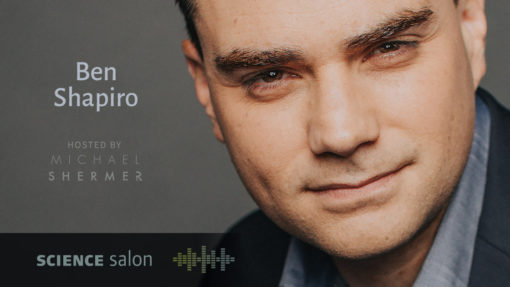
In Science Salon # 58, Michael Shermer and noted conservative political commentator and public intellectual Ben Shapiro discuss and debate “what made the West great” in this wide ranging conversation.
In this article from Skeptic magazine 23.1 (2018) Ken Levy examines arguments put forth by theists that God’s existence is perfectly compatible with all the violence, pain, suffering, and premature death we experience.
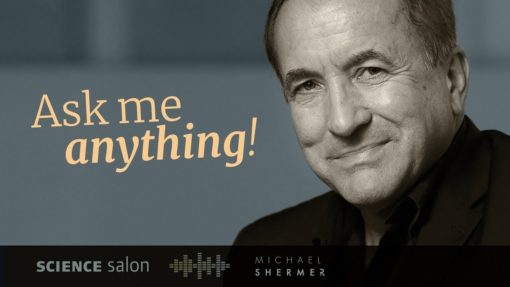
Shermer reviews the latest issue of Skeptic magazine • introduces upcoming podcast guests Rachel Kleinfeld, Bruce Schneier, Mark W. Moffett, and Jared Diamond • discusses his book publishing plans for 2019, including an essay collection of his last 70 Scientific American columns • reflects on his 18 years writing for Scientific American and reads aloud the final column, titled “Stein’s Law and Science’s Mission”.
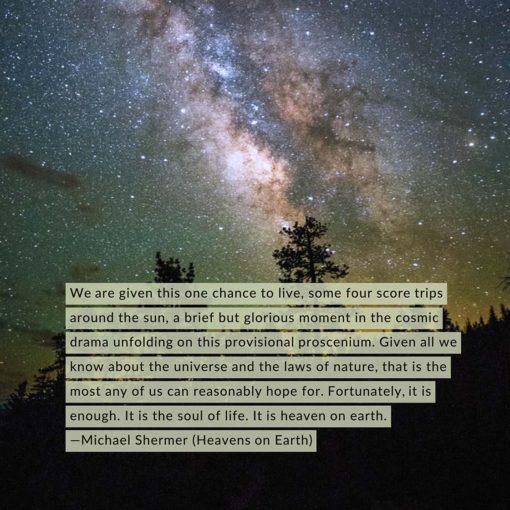
In this article from Skeptic magazine 23.1 (2018) Ken Levy examines arguments put forth by theists that God’s existence is perfectly compatible with all the violence, pain, suffering, and premature death we experience.
In Science Salon # 47, Dr. Michael Shermer speaks with Dr. Susan Blackmore about: how science can test subjective mystical experiences; memes and tremes; free will and determinism; the hard problem of consciousness, out of body experiences, near-death experiences, and God.
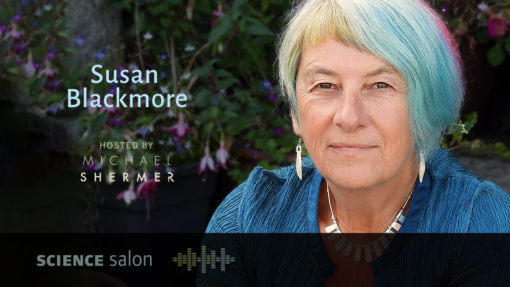
In Science Salon # 47, Dr. Michael Shermer speaks with Dr. Susan Blackmore about: how science can test subjective mystical experiences; memes and tremes; free will and determinism; the hard problem of consciousness, out of body experiences, near-death experiences, and God.
In Science Salon # 37, Michael Shermer and Neil deGrasse Tyson take a deep dive into the history of science and war, and the strange but productive alliances that have been formed over the centuries—particularly those between astrophysicists and politicians, governments, military, and corporations.
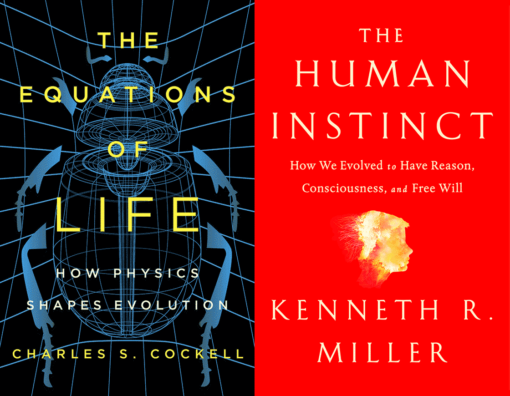
Nathan H. Lents reviews The Equations of Life: How Physics Shapes Evolution by Charles S. Cockell, and The Human Instinct: How We Evolved to Have Reason, Consciousness, and Free Will by Kenneth R. Miller.
In their second Science Salon conversation Michael Shermer and Colin McGinn discuss paradoxes and puzzles of philosophy, pseudo-questions, realism v. antirealism, how to deal with unknown unknowns, immortality and the nature of the self and soul.
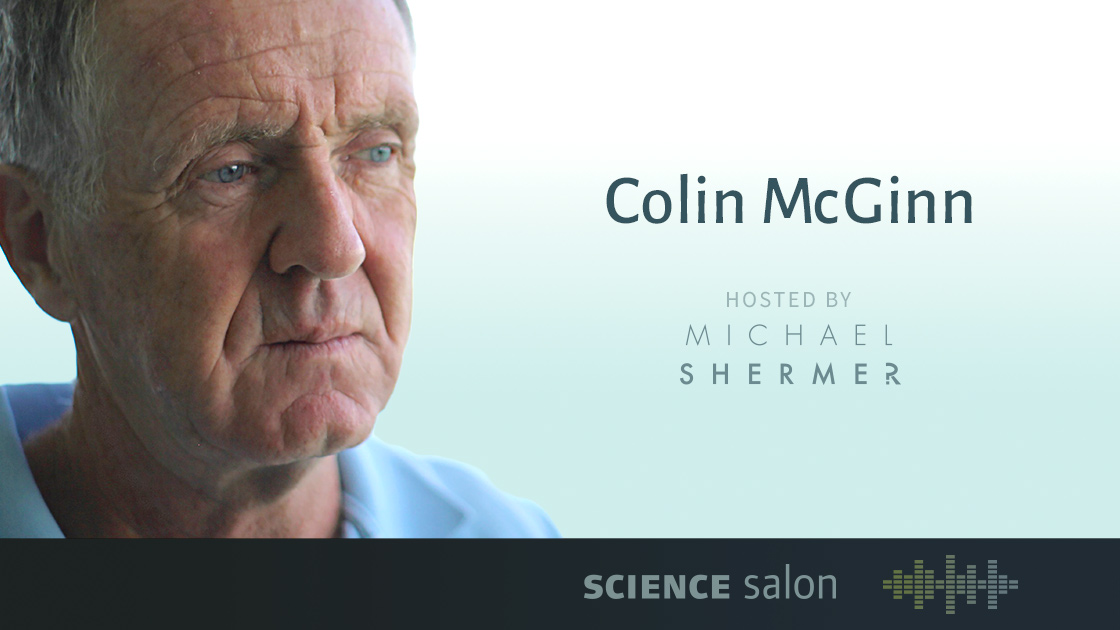
In their second Science Salon conversation Michael Shermer and Colin McGinn discuss paradoxes and puzzles of philosophy, pseudo-questions, realism v. antirealism, how to deal with unknown unknowns, immortality and the nature of the self and soul.

After Colin McGinn commented publicly, and critically, on Michael Shermer’s Scientific American column on the mysteries of consciousness, free will and God, Shermer invited the philosopher on this podcast to discuss the topics in detail in order for everyone to glean a deeper understanding. A fruitful conversation ensued on these and other important topics.
In his July 2018 ‘Skeptic’ column for Scientific American, Michael Shermer ponders how, for millennia, the greatest minds of our species have grappled to gain purchase on the vertiginous ontological cliffs of three great mysteries—consciousness, free will and God—without ascending anywhere near the thin air of their peaks.
Did you miss Science Salon # 23 with Dr. Ken Miller last month? The recording is now available for free viewing on skeptic.com. Or, if you prefer to listen on your commute, download the podcast audio via iTunes, Spotify, Google Play Music, Stitcher, iHeartRadio, TuneIn, and Soundcloud.
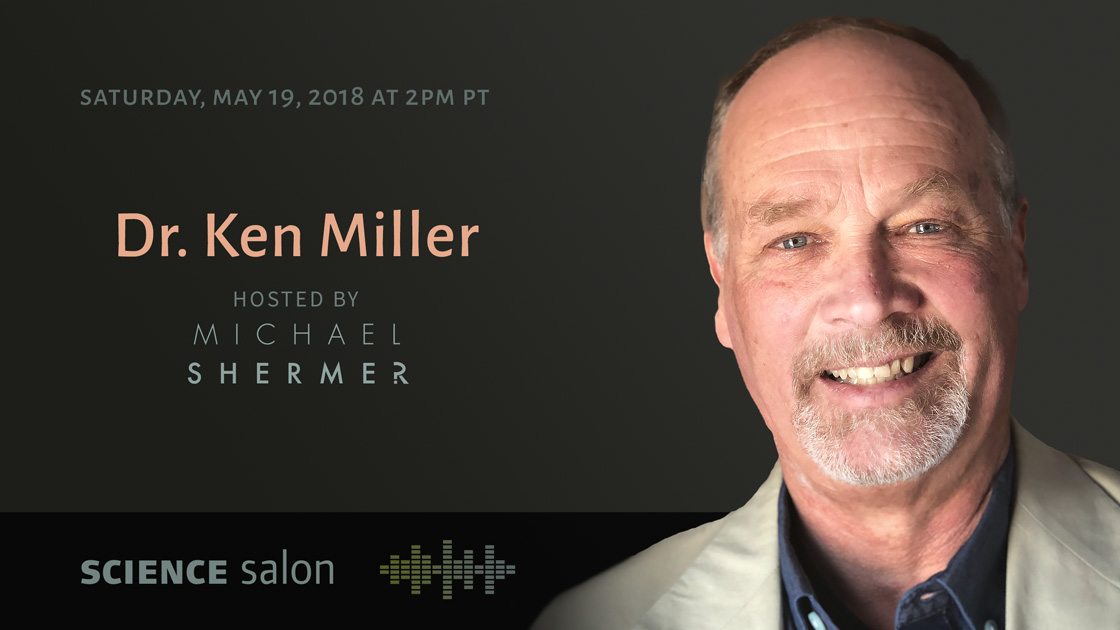
Dr. Miller presents a radical, optimistic exploration of how humans evolved to develop reason, consciousness, and free will, contra scientists such as Richard Dawkins and Sam Harris who tell us that our most intimate actions, thoughts, and values are mere byproducts of thousands of generations of mindless adaptation.

Can paradoxes that seem to undermine belief in the God of Christianity actually support a belief in Him? Skeptic magazine’s religion editor, Tim Callahan, reviews Paradoxology: Why Christianity Was Never Meant To Be Simple, by Krish Kandiah.
Can paradoxes that seem to undermine belief in the God of Christianity actually support a belief in Him? Skeptic magazine’s religion editor, Tim Callahan, reviews Paradoxology: Why Christianity Was Never Meant To Be Simple, by Krish Kandiah.
Stephen Beckner reviews season one of HBO’s most-watched TV series Westworld, and considers some of the concepts presented in the first ten episodes: creation, evolution, artificial intelligence, memory, consciousness, self-awareness, free will, and suffering. WARNING: This review contains spoiler alerts.

Stephen Beckner reviews season one of HBO’s most-watched TV series Westworld, and considers some of the concepts presented in the first ten episodes: creation, evolution, artificial intelligence, memory, consciousness, self-awareness, free will, and suffering. WARNING: This review contains spoilers from season one, and speculation about future events.
← PREVIOUS
NEXT →





















